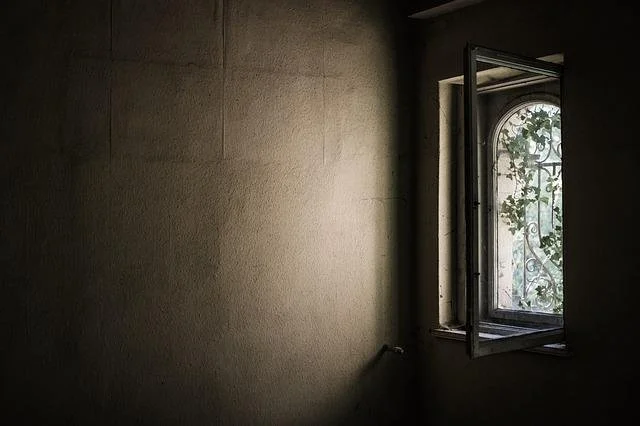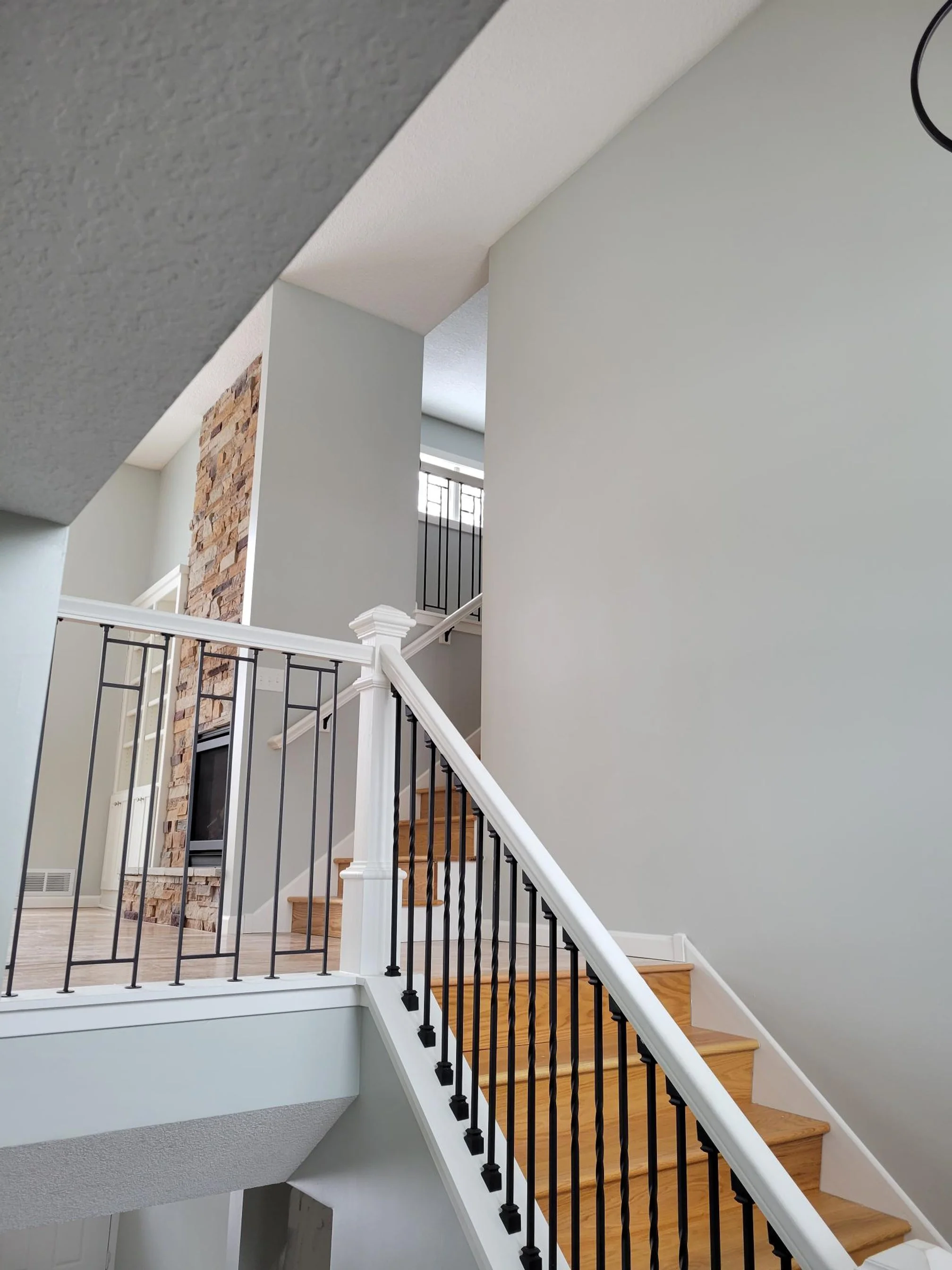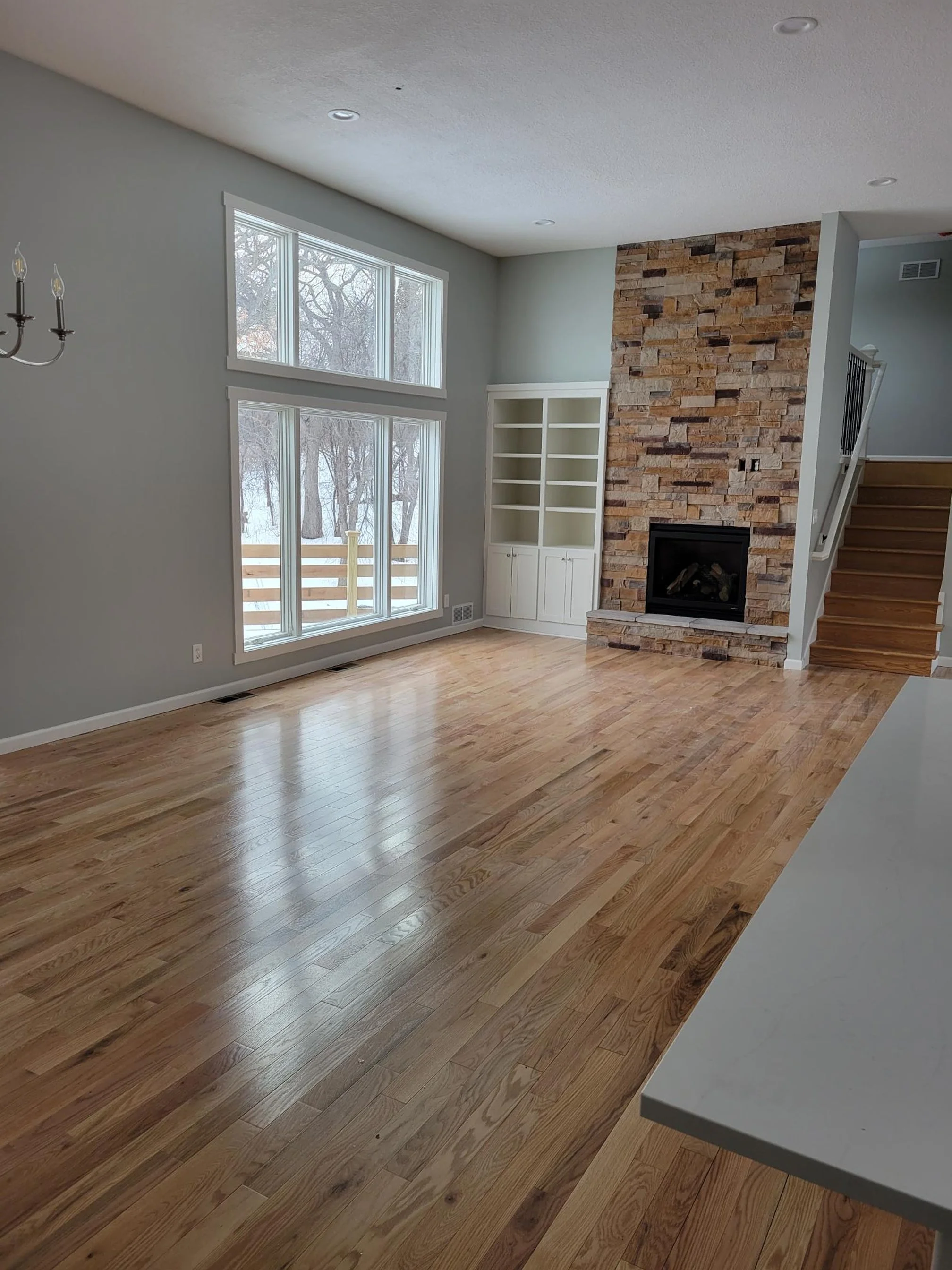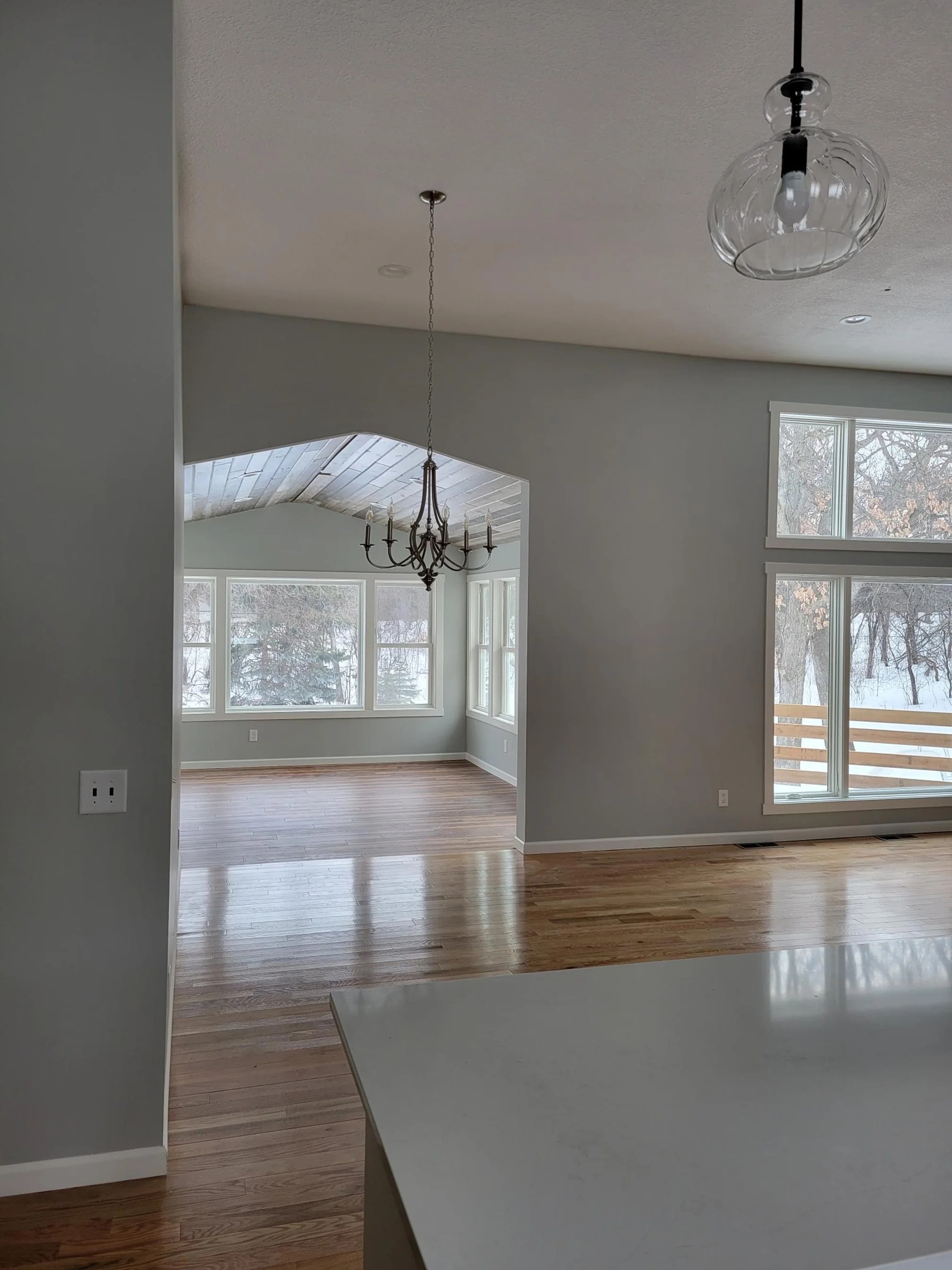Willow had a flair for mismatching her clothes, just like my girls. Her red hair was cut in a choppy bob—matted in the back—and she owned so many pairs of artsy eyeglasses, it was hard to keep track. She was two and a half years old in 2004 when she first came to spend some days with us every week, and from the start, she was one of mine. Back in those years with Willow, life was a whirlwind of four little girls in dirty bare feet and princess dresses.
Although Willow was younger than Ricka by five months, she was bigger, so Rachelle, Willow's mom, brought us loads of clothes her girl had outgrown, and those black garbage bags brimmed with delights that smelled like The Wedge food co-op and Rachelle’s house. Purple Danskos and Hanna Anderson clothes, Scandinavian sweaters and red Doc Martens—all second-hand for Willow too when she first got them.
Jim, Willow's dad, visited for a bit each time he dropped his girl off at our house. He was upbeat even though he awoke each day to his battle with melanoma. An outdoors enthusiast, he biked everywhere and told stories about his adventurous rides. Some days he’d have a seizure, though, fall off his bicycle, and pass out. He’d wake up to find himself in an ambulance heading for the ER. I cringed at his stories. He’d shrug and laugh. As we talked about his declining health, the girls leaned into our adult mystery world, pretending to play on the floor near us, but I wished they’d play for real somewhere else. No kid should know what cancer means.
One day, Rachelle dropped off Willow. A full workday was ahead of her, but she lingered in our open front door.
I waved toward a chair. “Wanna sit for a minute, Rachelle?”
“No, I really should go.” She stayed in the doorway.
The girls scampered away, leaving Rachelle and me. And in the next moment, my friend opened her life's book and showed me the hidden thing on its pages.
When Jim was first diagnosed with cancer, they chased after treatments. Convinced there was no way for their family to expand during his radiation therapy, Rachelle and Jim had loved without restrictions. But she had become pregnant. How could they manage a baby in their circumstances, along with Ireland and Willow? Their struggle was too hard, too overwhelming to bring another life into it.
Jim had an idea. His sister was unable to have a baby. Why not give her theirs? Rachelle agreed the plan made sense. And so, they promised Jim’s sister their baby. She was overjoyed.
Five months into the pregnancy, though, Rachelle changed her mind. She couldn’t do it. She couldn’t give away the little one she carried. She wouldn’t give her up! But it was too late, Jim stated; they had given their word, and they couldn’t break it now.
I dropped onto the couch, heavy under the weight of the truth, forgetting I had my own children, and they were somewhere in the house doing heaven-knows-what. Expressionless and still standing, Rachelle delivered her story to the end—a delicate thing barely breathing as it came out into the reality of my living room.
Baby Ruby was born in February of 2004, only three months before I met Rachelle—three months before our Dicka was born. Rachelle had honored Jim’s wishes, and Ruby went to live with his sister, her new mother.
“Can you get her back?” I said.
“No,” Rachelle said, unblinking. “We gave our word.”
“But what if Jim’s not here one day, and it’s just you, and she’s yours—”
Her eyes softened. “No.”
My chest hollowed. I had forgotten about the bags of secondhand goodies, the seizures on bikes, the time we spent with Willow each week. It was only about Rachelle now—and Ruby.
Later, I told Husband the fragile story. Sad, he frowned and shook his head, but he fell asleep that night. I didn’t.
Bear one another’s burdens.
The next day, I paced. Distracted and on autopilot, I cared for the girls. I wasn’t hungry, and I couldn’t focus. I was sick with a regret that wasn’t mine and grieving a loss I hadn’t suffered. I was desperate for Ruby.
Later, I went shopping and picked out a fragrant bar of soap and a cute dish towel and tucked them into a gift bag.
“I can’t stop thinking about you. And Ruby,” I said to Rachelle when she came over. I handed her the present.
“You didn’t have to do this,” she said, peeking into the bag.
I looked at the pittance in her hands. A small gift to soothe a gaping heart-wound. A ridiculous offering. “Rachelle, I’ve decided I don’t want you to pay me anymore. Just let me watch Willow for you.”
“How about a bartering system? You babysitting Willow for art?”
“I’d love that.”
If I were an artist, my medium would be paint and my style would be just like Rachelle’s: Egon Schiele meets early Picasso. I drooled over a few pieces of art in her house and acquired a couple of them over the next year in exchange for watching Willow. Finally, I commissioned a painting, telling Rachelle what I wanted.
“For me to do this,” she said, “you’ll have to tell me who he is to you.”
“He’s the Lifter of my head and the Lover of my soul,” I said.
Rachelle unveiled my painting in the spring of 2006 at an art gallery showcasing her work in northeast Minneapolis. I went with a friend to the opening night of the exhibition, and there on the wall was my idea on canvas, combined with Rachelle's artistic interpretation. My eyes brimmed. Next to the piece was a small card: “Not for Sale.”
Rachelle stood by me as I gazed at her work. I nodded. She took it off the wall to show me the title she had chosen and scrawled on the back: “Welcome.”
I took the painting home that night. It fit perfectly above the window over our buffet, and I stared at it.
Jesus, His eyes intense and His palms marked by excruciating love. One of His hands pushed away the darkness, and the other was opened to welcome all who would come.
*Come back next week for the conclusion of the story.




















